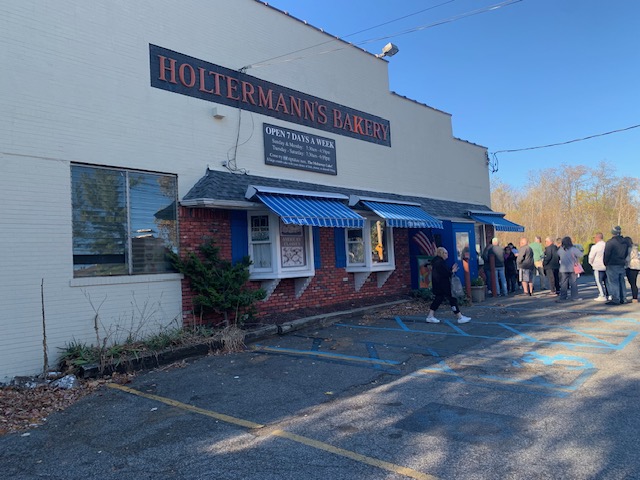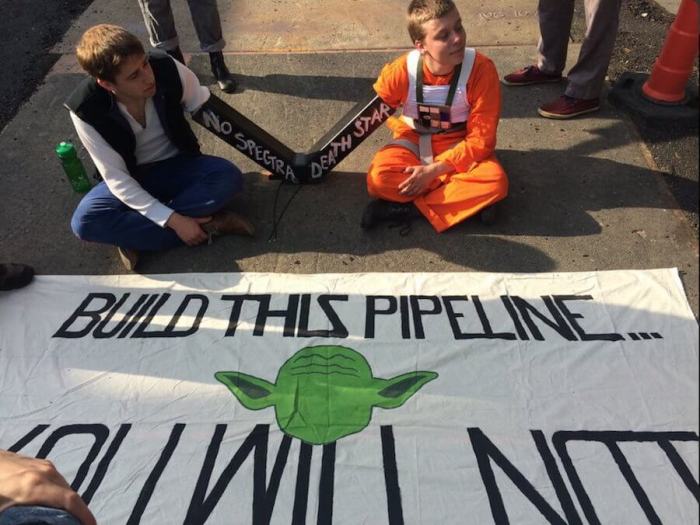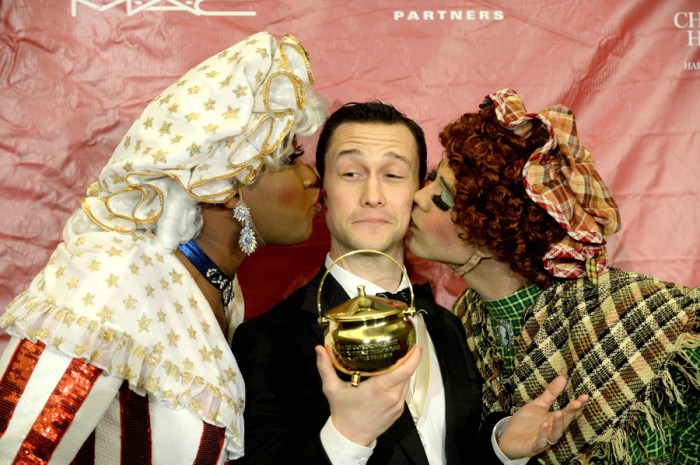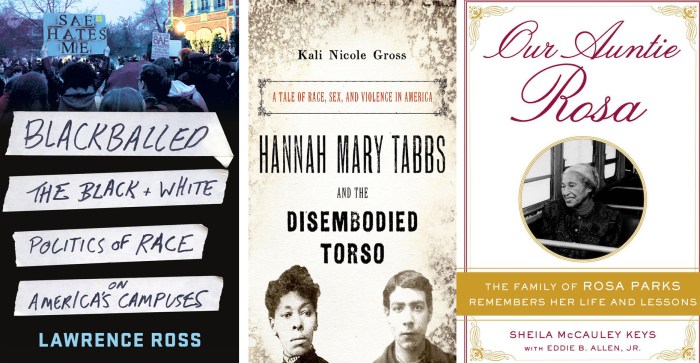Remember Rachel Dolezal, the controversial former NAACP activist who identifies as black though she was born white? She’s back — and she’s penned a memoir. “In Full Color: Finding My Place in a Black and White World” comes out next week, and in it, Dolezal details her “oppressive” upbringing in Montana with her black adopted siblings and parents who were “Jesus freaks.” She wished she was black from an early age, with Dolezal writing that she’d spread mud on her body and “pretend to be a dark-skinned princess in the Sahara Desert or one of the Bantu women living in the Congo.” And when Dolezal would draw herself, she “usually picked a brown crayon rather than a peach one” to draw a “brown-skinned girl with black curly braids” despite having pale-blonde hair and fair skin. “I felt black and saw myself as black,” she wrote. Dolezal also relays alleged beatings given by her parents and being molested by her brother, who she would play “chicken head baseball” with.
When her parents adopted four black children, it “felt oddly familiar. For the first time in my life, I felt like I was truly part of a family,” she said.
Dolezal started immersing herself in black culture and history and eventually attended Howard University, a historically black college in Washington, D.C.
When she married a black man in 2000, he asked that she look more white, so she set about “untwisting my braids” and avoiding the sun. Once the marriage, which produced a son, dissolved, Dolezal again “embraced my inclination toward black aesthetics,” and she began “truly owning who I was: a woman who was free, self-reliant, and yes, black.” She began teaching at colleges and ran a local human rights organization as a “fully conscious, woke soul sista.”
In 2014, she became president of the Spokane, Washington, chapter of the NAACP. The following year, Dolezal was famously outed as biologically white. She resigned amid the subsequent firestorm.
Dolezal, however, is still “unapologetically black” and likens her identification with the transgender community.
“Just as a transgender person might be born male but identify as female, I wasn’t pretending to be something I wasn’t but expressing something I already was. I was black.”
Earlier this month, The Guardian profiled Dolezal and revealed that she had legally changed her name to Nkechi Amare Diallo last fall, is unable to find jobs and has used food stamps.
Ex-NAACP head Rachel Dolezal is ‘unapologetically black’ in new memoir
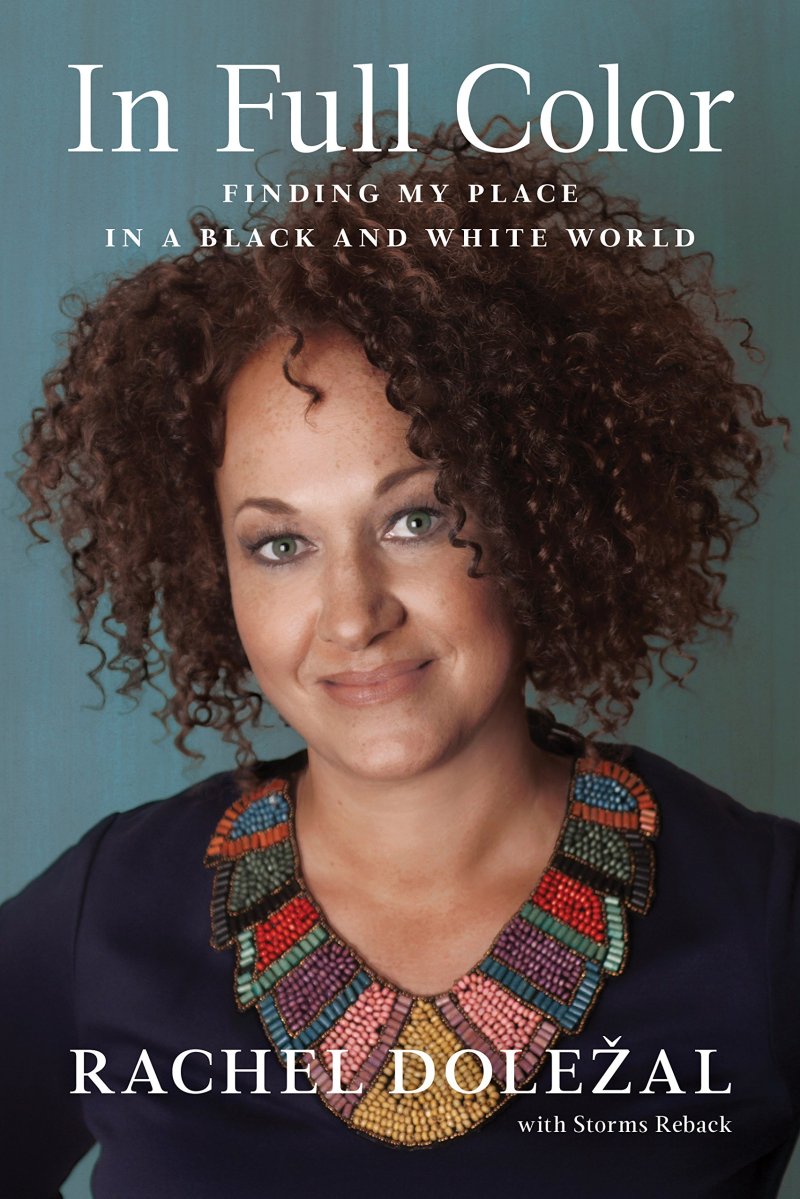
Amazon













